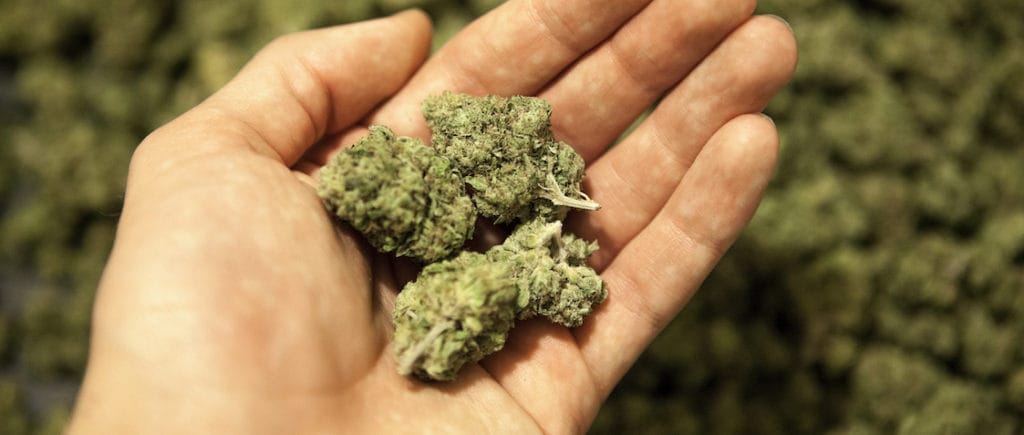Tax professionals who assist licensed pot growers, product manufacturers and retailers in Colorado and Washington “will not be considered unethical [and] will not be targeted for audit,” the IRS advisory council said in a November 2014 statement. This comes as a great relief to the men and women who’ve been hired by marijuana entrepreneurs to look out for their interests. Many were afraid that because marijuana is banned by the federal government, they might lose their licenses for doing this sort of work, regardless of the drug’s legal status in their particular states. For tax professionals this is a good thing, and for marijuana businesses it is a good thing too, since the latter desperately need expert financial assistance as they attempt to grow and sustain their fledgling enterprises.
State’s Rights Mean Little When IRS Comes Calling
Advocates for marijuana legalization have frequently touted the tax benefits that states will inevitably enjoy once they decide to make the pot business legit. Forecasts call for annual profits north of $1 billion in states that choose the legalization option, and even a small slice of that pie could be enough to give the public coffers a hefty boost. But ironically, it turns out the biggest beneficiaries of this largesse may be the federal government. That would be the very same federal government that has placed marijuana on its prohibited substances list and has expressed its disagreement with the decision of four states plus the District of Columbia to legalize recreational pot. This is all thanks to an old amendment to the tax code called 280E. This little-known rule prevents anyone selling illicit drugs from enjoying the types of tax deductions and exemptions that more legitimate enterprises take for granted. 280E eliminates exemptions for rent, utilities, employee salaries and advertising, all of which are deductible for businesses selling more conventional products and services. 280E was passed back in 1982 in order to close a loophole in the law that allowed illegal drug producers to claim deductions after they were arrested and slapped with a tax bill. The problem here is that the IRS is not bound by state law but must follow the policies set at the federal level, where marijuana is still listed as a controlled substance. In practical terms, this means the federal tax bill for most legally operating marijuana dispensaries will run between 60 percent and 90 percent. In normal circumstances the IRS wolves would be held at bay by exemptions that would keep them from collecting much more than 30 percent of a business’s profits, but in the case of marijuana, they are free to huff and puff and blow the whole house down. Congressional critics have asked the IRS to lighten up on their enforcement of 280E, out of respect for state autonomy. But in response to these requests the IRS has claimed it has no discretion in this area. If and only if Congress amends the tax code or alters the Controlled Substances Act will the IRS be free to let legal marijuana producers off the hook. All of this has left marijuana entrepreneurs squeezed between the proverbial rock and a hard place. It isn’t clear how many may ultimately go out of business if their tax bills continue to take such a huge chunk out of their profits. But so far the demand for legally produced pot in Colorado and Washington has been so enormous that even prodigious tax bills have not been enough to squelch the business. And while many normal deductions aren’t allowed, all of the costs associated with growing marijuana plants are, giving integrated marijuana dispensaries that produce their own pot an advantage over those who rely on wholesalers.
Is Corporate Domination the Future in the Marijuana Industry?
Some business owners who sell recreational marijuana in Colorado and Washington believe the IRS’s relentless pursuit of their profits is part of a plot by the federal government to put them out of business. While this may or may not be true, it is clear that Congress is in no rush to amend the rules to make things easier for this upstart industry. The threat of draconian tax bills has scared away many would-be entrepreneurs who had been thinking of opening dispensaries, and that could make it difficult in the short term for states with legalized marijuana to meet consumer demand. In the long run, high tax bills might squeeze out smaller sellers and leave only a few corporate retailers in control of the business. Given the influence that corporations have in Washington, D.C., perhaps that is the time when Congress will decide the time is right to scuttle 280E and lift the excessive tax burden the marijuana industry is now facing.

